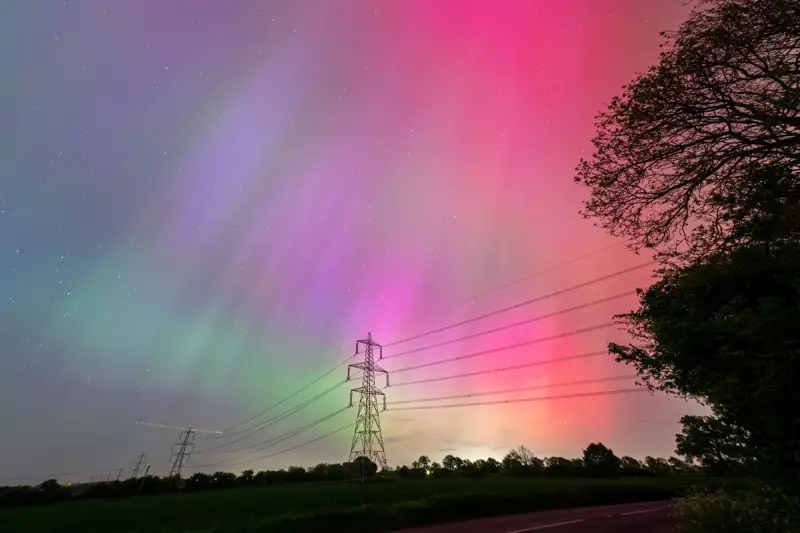
Stargazers across Britain are preparing for a celestial spectacle tonight as a rare 'cannibal' solar storm is predicted to unleash dazzling Northern Lights displays visible from multiple regions of the UK.
The extraordinary phenomenon, caused by multiple coronal mass ejections from the Sun, is expected to create intense geomagnetic activity that could make the aurora borealis visible as far south as Scotland and potentially northern parts of England and Wales.
What Makes This Storm Special?
This isn't your typical solar event. Dubbed a 'cannibal' solar storm, it occurs when faster-moving solar eruptions overtake and consume slower ones, creating a massive combined wave of solar particles that amplifies the geomagnetic impact when it reaches Earth's atmosphere.
Dr. Greg Brown, astronomer at the Royal Observatory Greenwich, explains: "When these combined ejections hit our magnetic field, they can trigger exceptionally vivid and widespread auroral displays. The 'cannibal' aspect significantly increases the storm's potential intensity."
Best Viewing Opportunities
Weather permitting, the optimal viewing window is expected between 10 PM tonight and the early hours of Friday morning. Experts recommend:
- Finding locations with minimal light pollution
- Allowing your eyes 20 minutes to adjust to darkness
- Looking toward the northern horizon
- Monitoring space weather forecasts for precise timing
The Met Office's Space Weather Operations Centre has issued alerts indicating increased auroral activity, though they note that cloud cover in some regions might obstruct views.
Photography Tips for Aurora Hunters
For those hoping to capture the phenomenon, photographers recommend using a tripod, setting long exposure times, and using a wide-angle lens. Even smartphone cameras can capture the lights with night mode settings in darker locations.
While the Northern Lights are more commonly associated with Scandinavian countries, strong solar storms regularly make them visible across the UK, particularly in Scotland and northern England. Tonight's event promises to be one of the more dramatic displays of the year.
As with all celestial events, visibility depends on local weather conditions. Clear skies are essential for optimal viewing, so enthusiasts are advised to check local forecasts and be prepared to travel to darker areas if necessary.





